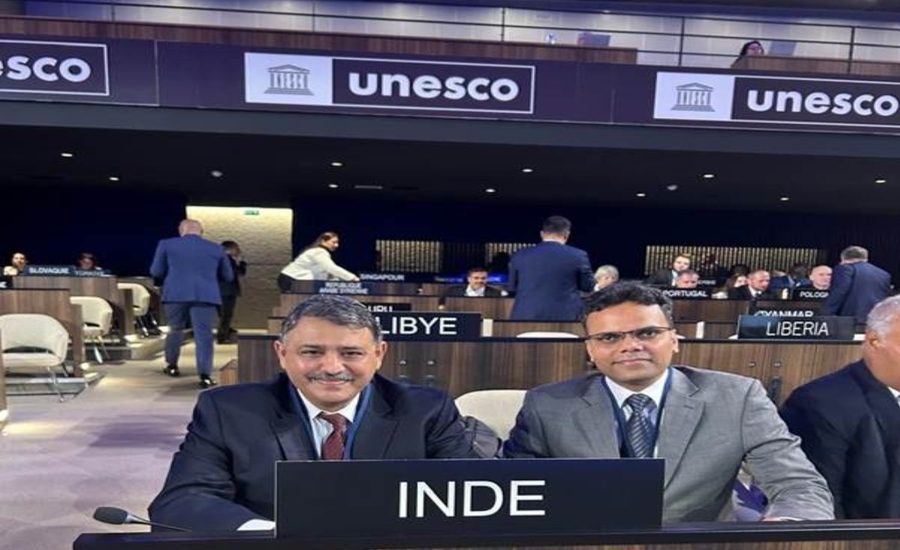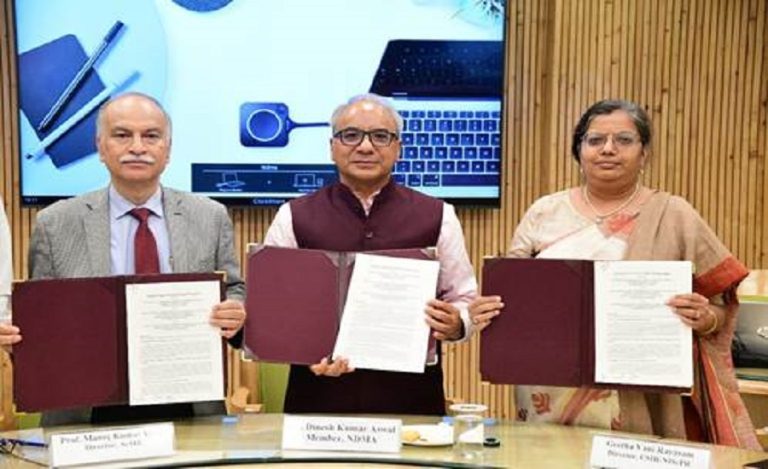New Delhi: From 20-22 October 2025, the 10th Session of the 10th Session of the Conference of Parties to the International Convention against Doping in Sport (COP10) took place at the United Nations Educational, Scientific and Cultural Organization (UNESCO) headquarters in Paris.
The Convention, marking its 20th anniversary, is the only legally binding international instrument dedicated to eliminating doping and promoting integrity in sport globally.
Over 500 participants from more than 190 States Parties, along with major organisations such as the World Anti‑Doping Agency (WADA), the International Olympic Committee (IOC) and the African Union took part in the deliberations.
India’s Role in COP10 Bureau
The Indian delegation, led by Hari Ranjan Rao (Secretary, Sports) and Anant Kumar (Director General, Readings, India was re-elected as Vice-Chairperson of the COP10 Bureau for the Asia-Pacific group (Group IV) for the term 2025-27.
The Chairperson for the term was elected as Azerbaijan, while other Vice-Chairs included Brazil, Zambia and Kingdom of Saudi Arabia.
COP10 Bureau: Significance for India & Global Sport Integrity
India’s re-election sends a clear message: the country is stepping up in global sports governance. This elevates India’s voice in key discussions around anti-doping policy, financing the Fund for the Elimination of Doping in Sport, ethical challenges like gene manipulation, and integrating values education in sport.
India actively proposed amendments favouring the “Values Education through Sport (VETS)” approach — aimed at embedding sport ethics, integrity and youth engagement via educational projects.
The outcome of COP10 will feed into reform processes of the Convention itself — improving governance, compliance and cross-sectoral coordination in the fight against doping.
What Happens Next?
With the Bureau term running through 2025-27, India now has an enhanced platform to influence Asia-Pacific region anti-doping strategy. On the ground, India’s sporting bodies, youth programmes and anti-doping agencies can leverage this role for stronger monitoring, greater awareness and educational campaigns.
Read also: SCOPE, MoEFCC and GIZ Join Forces to Advance Industrial Decarbonisation Through LeadIT Initiative
Stakeholders in India’s sports ecosystem — from federations to state governments to athlete support systems — should now sharpen focus on compliance, ethics and capacity-building aligned with global standards.
Why This Matters
Clean sport matters not just for elite competition, but for fair play, athlete health, public trust and India’s global sporting brand. In an era where doping threats include gene-based manipulation and novel substances, India’s leadership counts.
By playing a key role in the COP10 Bureau, India contributes to shaping the global agenda — and influences how future policies will protect sport from malpractice, untoward ethics and unfair competition.




























